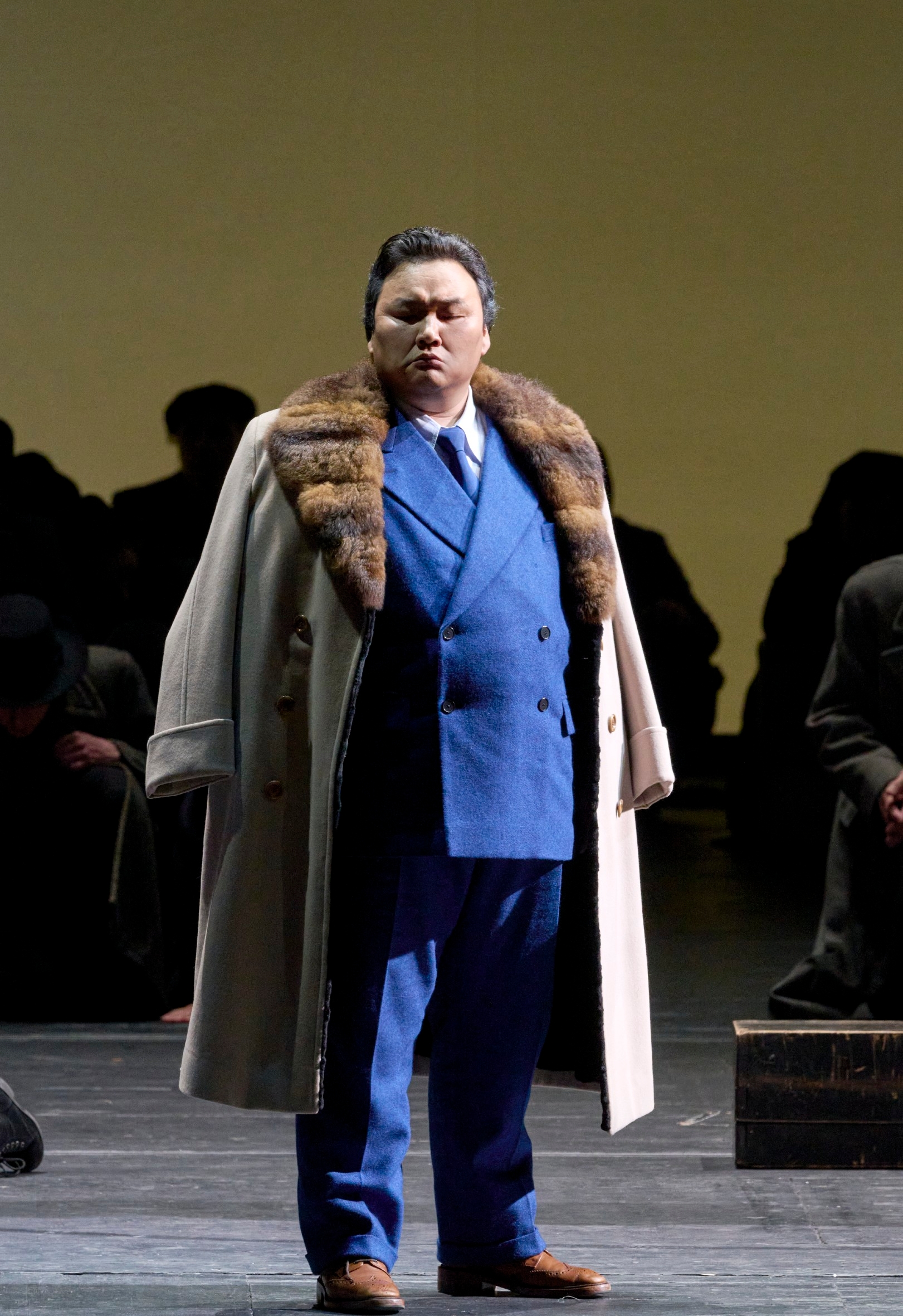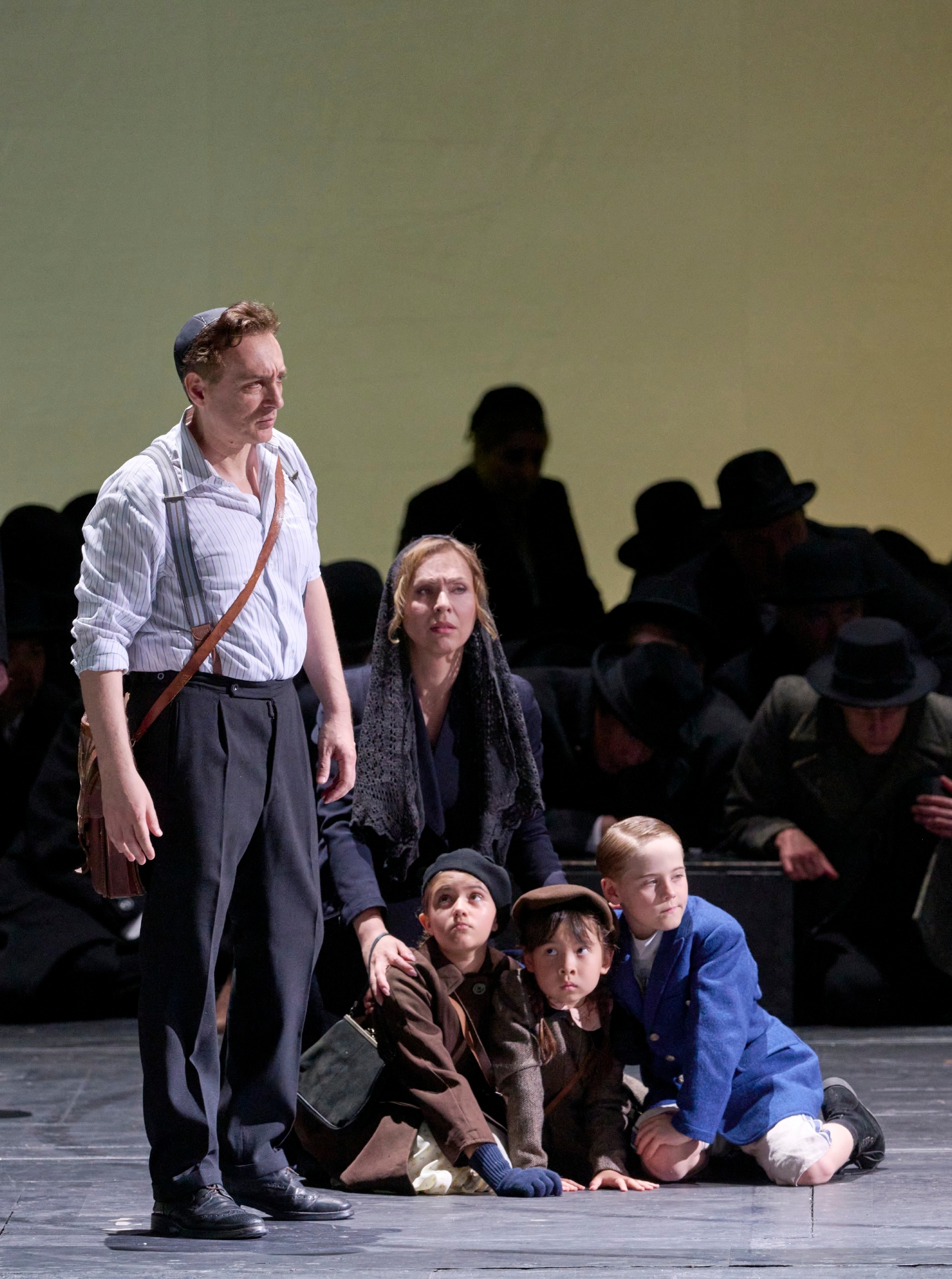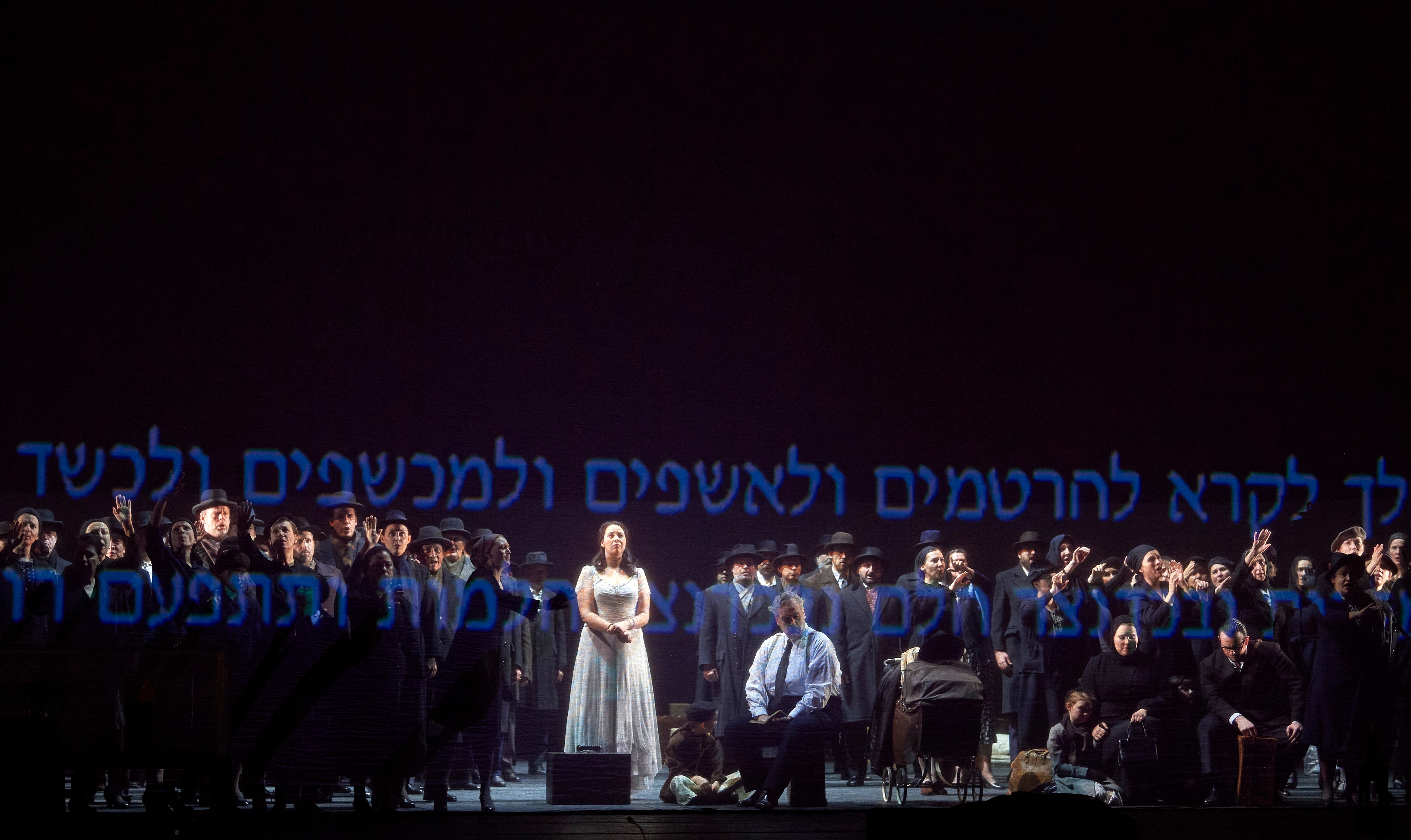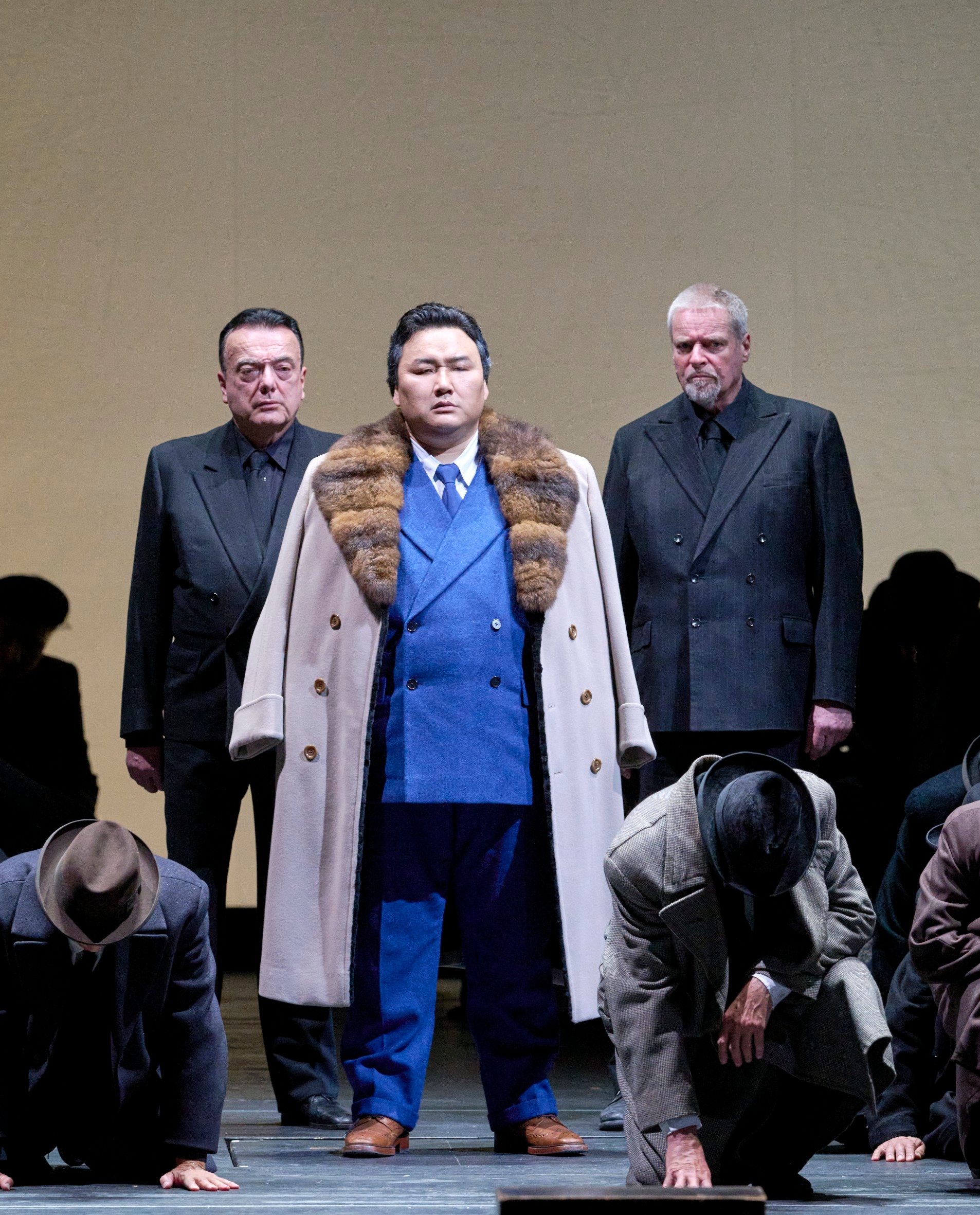
Short Summary
Against the backdrop of the Babylonian exile of the Israelites
the story of the Babylonian king Nabucco is told, who is only purified by a brief loss of power and gives freedom to the Hebrews he has imprisoned. On the other hand, it is also about the private conflict between Nabucco's daughters: while Abigaille wants to ascend to the throne at all costs, Fenena has converted to the Jewish faith out of love for the Israelite Ismaele.
Nabucco
Storyline
War is raging between Assyria and Israel. Nabucco, king of the Assyrians, has occupied Jerusalem, and the last survivors of the Israelites - Levites and temple people - have fled to the sanctuary of the temple.

The prophet Zaccaria takes a hostage: Fenena, the daughter of Nabucco, who once helped the Jew Ismaele to escape from Babylon; Fenena's sister Abigaille held him captive out of jealousy. Ismaele wants to help Fenena escape, but they are both surprised by Abigaille. She blackmails Ismaele: Only his love for her could still save the Jews. Ismaele decides in favor of Fenena. When Nabucco breaks into the temple, Zaccaria wants to kill his hostage, but Ismaele falls into his arms and saves Fenena. His people curse him. All the Hebrews go into captivity.
Ismaele lives in freedom, cursed. Nabucco has given Fenena the crown for the time of his absence.
The high priest of the Babylonians sends Abigaille a secret document stating the reasons for her discrimination: she is the daughter of a slave. Abigaille can therefore be blackmailed and used for the high priest's claims to power. He offers her the crown; the priesthood has already spread the rumor of Nabucco's death.

In order to break Ismaele's spell, Fenena has freed the Jews, but they remain merciless. By converting to the Jewish faith, Fenena is guilty of high treason - according to the high priest's plan. Both sisters are now rivals for power, but the decisive battle is waged in the background by Zaccaria and the high priest. The returned Nabucco sees himself betrayed on all sides and curses both the Babylonian and the Jewish faith. As a new authority, he equates himself with a god - whose first victim is to be Fenena. This arrogance and the abuse of his power cause Nabucco to collapse.
Abigaille can now enjoy the glory of a queen: All the Hebrews are back in captivity - including the beloved Ishmaele.
The high priest demands the destruction of all. Nabucco, clairvoyant through madness, sees through Abigaille's intentions. Father and daughter now blackmail each other: he calls her a slave, she provokes him with his weakness as king. Nabucco is not yet ready to understand the fate of an entire people, he only asks for mercy for Fenena. In vain. After signing the death warrant, he himself becomes a prisoner. The Jews await death in the dungeon. In a bloody vision, Zaccaria prophesies doom and destruction for all of Israel's enemies.

He mourns his whole life, the life of a murderer of nations and daughters. Suddenly the doors of the dungeon are open. Nabucco and his soldiers are able to prevent the execution of the Jews and free Fenena. He is too late for Abigaille. She has put an end to her life. The king of the Assyrians gives everyone their freedom. There could be peace between Assyria and Israel...
In Nabucco, the gripping dramatic approach, the great popular choral melody, the novel, grandiose style, which, however, does not deny the Italian vocal tradition - Verdi will never do that - appear for the first time, ingredients that lead the opera to success and clearly reveal Verdi's very personal signature.





